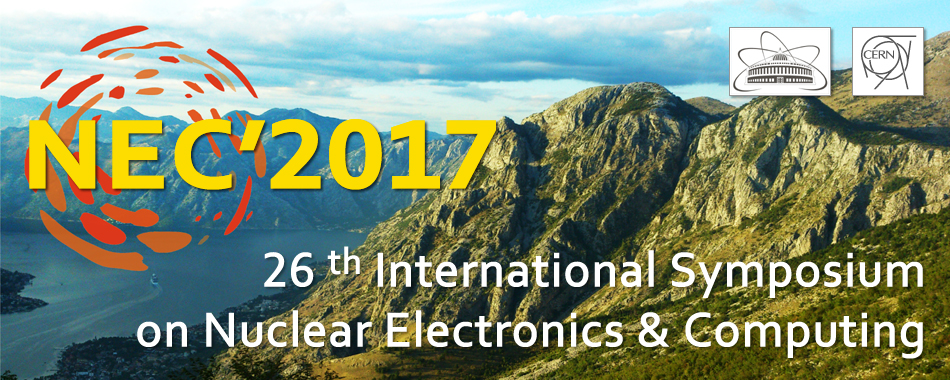Speaker
Mr
Petr Vokac
(Institute of Physics of the Czech Academy of Sciences)
Description
Today's physics experiments strongly rely on computing not only during
data taking periods, but huge amount of computing resources is necessary
later for offline data analysis to obtain precise physics measurements
out of the enormous amount of recorded raw data and Monte-Carlo
simulations. Large collaborations with members from many countries are
essential for successful research on complex experimental infrastructure
and within such organization it was natural to use distributed computing
model. Besides broad physics program Institute of Physics of the Czech
Academy of Sciences (FZU) also serves as a regional computing center
that supports grid computing for several big experiments (WLCG, OSG,
...) and local user's analysis. It is becoming difficult to provide
optimal uniform computing environment to the growing number of supported
user groups and their different or even contradictory requirements. Also
we would like to explore new features that comes with modern systems,
but often software used by experiments is not certified for latest
version and experiments in their final phase doesn't really want any
changes in their computing environment. To satisfy all our users
requirements, most efficient use of modern hardware and optimal
utilization of all resources in our cluster we decided to upgrade our
local batch system to HTCondor. HTCondor provides us means to run jobs
in isolated and per experiment specific environment by utilizing
lightweight container technology. With jobs running in containers we can
still accept OSG NOvA grid jobs while at the same time we install modern
OS on our new hardware.
Author
Mr
Petr Vokac
(Institute of Physics of the Czech Academy of Sciences)

